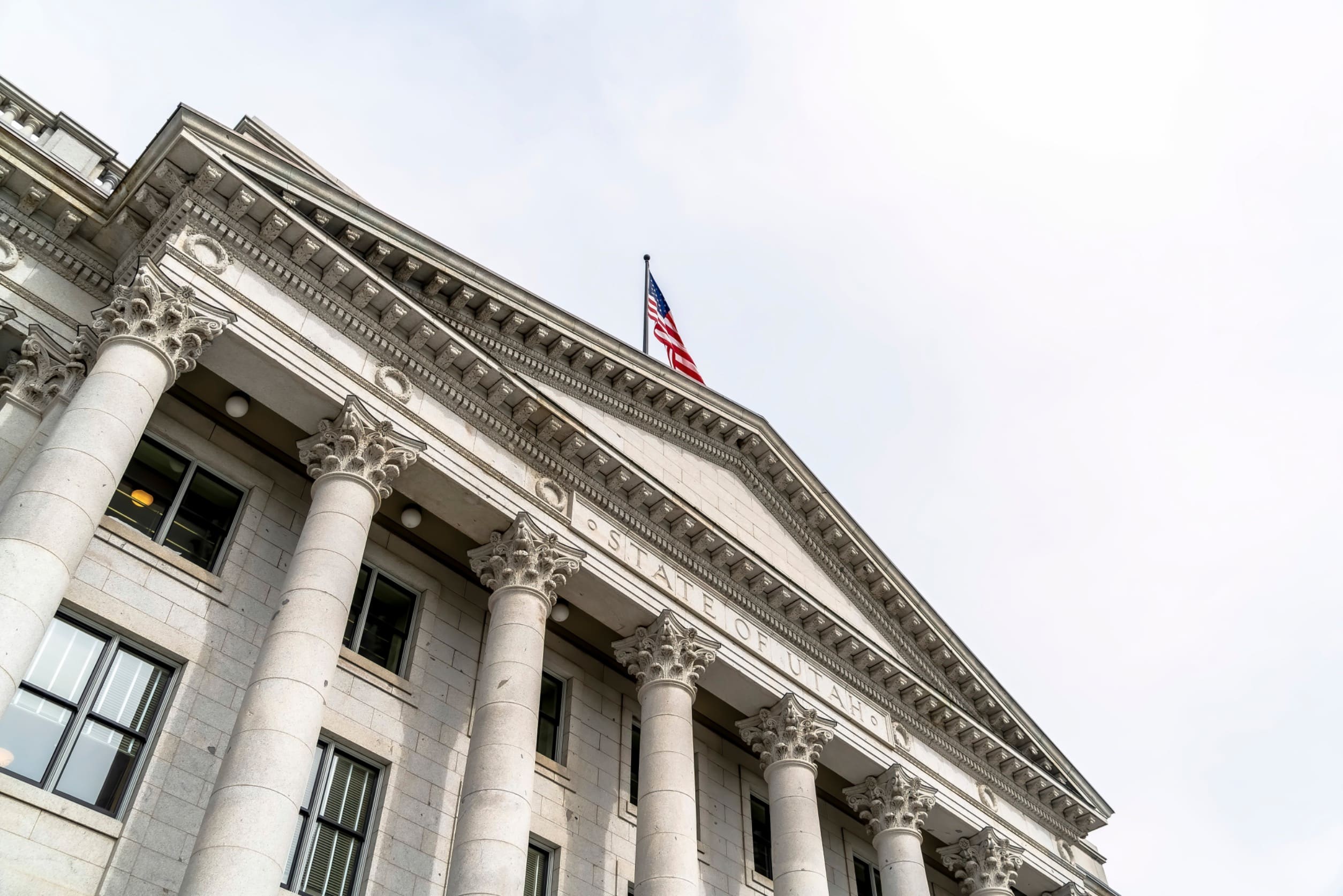In a significant legal development, a federal judge in Texas has struck down the U.S. Federal
Trade Commission (“FTC”) rule aimed at banning non-compete agreements for workers. The
ban, which was set to take effect nationwide on September 4, 2024, is now effectively blocked.
The ruling, issued on August 20, 2024, marks a pivotal moment in the ongoing debate over the
enforceability and impact of non-compete agreements.
Understanding the FTC’s Non-Compete Ban and the Court’s Recent Reversal
The FTC rule, introduced earlier this year, sought to restrict employers from using non-compete
agreements, which prevent employees from taking new jobs within the same industry or starting
their own businesses after leaving a company. According to the FTC, an estimated 30 million
people or 20% of the U.S. workers have signed non-compete agreements.
The rule was to promote competition, protect workers’ rights, boost innovation, and encourage
the growth of new businesses. Advocates of the ban argued that non-compete agreements stifled
competition, suppressed wages, and limited workers’ career mobility. It followed increasing
criticism that the ban was detrimental to workers, businesses, and the economy.
Earlier last week, a federal judge in Florida ruled that the ban as was invalid and inapplicable to
a real estate developer. However, a federal judge in Philadelphia had previously sided with the
FTC in July, finding hat non-compete agreements were not justified.
Breaking Down the Court’s Decision: Key Takeaways from the FTC Ban Reversal
The judge’s decision to overturn the rule was based on a variety of legal and procedural grounds.
The court found that the FTC lacked statutory authority in implementing the ban by adopting
broad rules. The court further determined even if the FTC had the authority to adopt the rule, the
agency failed to justify banning all non-compete agreements. FTC spokeswoman Victoria
Graham stated that the agency would, to “seriously consider a potential appeal.”
The court’s opinion highlights the complexity of employment law and the ongoing tension
between regulatory efforts to protect workers and the interests of employers who rely on non-
compete agreements to safeguard their business interests.
What the Ruling Means for Employees and Businesses: Future Impacts and Considerations
For workers, the overturned ban means that non-compete agreements remain a viable tool for
employers seeking to restrict their employees’ job opportunities and competitive endeavors. This
may limit workers’ ability to switch jobs or start new ventures without facing potential legal
challenges from former employers.
On the other hand, employers may continue to use non-compete agreements to protect
proprietary information and maintain a competitive edge. However, they must navigate the legal
landscape carefully to ensure their agreements are enforceable and comply with existing state
laws and regulations.
The Road Ahead: What Lies in Store for Non-Compete Agreements
The ruling does not necessarily signal the end of efforts to reform non-compete agreements. It is
possible that future legislative or regulatory actions could address the issues associated with
these agreements in different ways. As the legal and regulatory landscape continues to evolve,
both workers and employers should stay informed about changes in employment laws and
consider seeking legal advice to navigate the complexities of non-compete agreements and other
employment-related issues.
The judge’s decision to strike down the FTC ban on non-compete agreements marks a crucial
moment in employment law. As discussions continue, it will be important to monitor future
developments that could reshape the use and enforcement of non-compete agreements in the
workplace.








